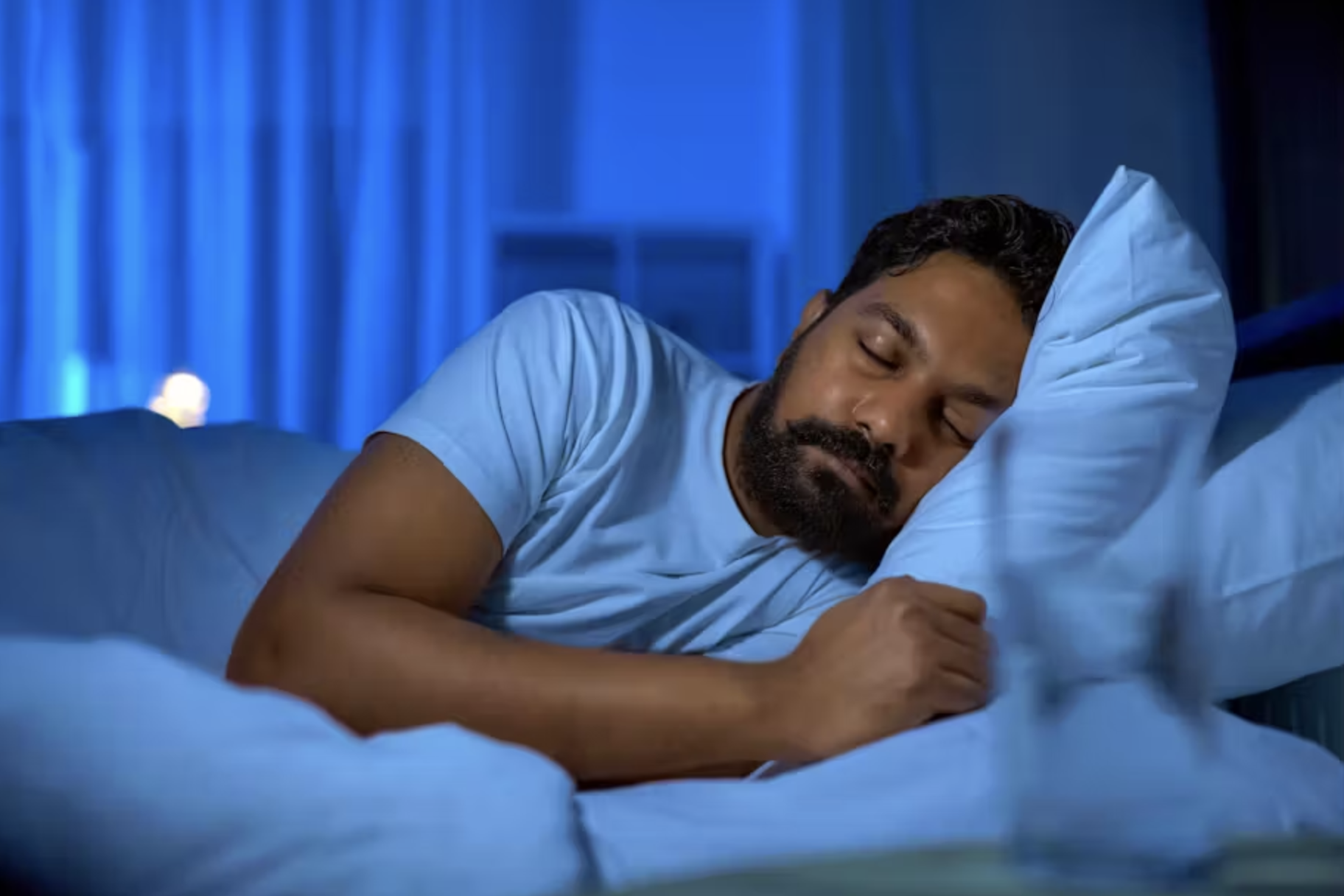Why Am I Sleeping So Poorly on a GLP-1 Medication?
Poor sleep is a common but often overlooked side effect of GLP-1 medications like semaglutide or tirzepatide. As your body adjusts to changes in appetite, digestion, and blood sugar regulation, you may experience nighttime discomfort, restlessness, or even increased anxiety. Slower gastric emptying can leave you feeling overly full at bedtime, while hormonal shifts and reduced caloric intake may disrupt your natural sleep-wake cycle. Fortunately, these sleep issues are often temporary and can be managed with simple adjustments to your routine, like changing the timing of your dose, avoiding late meals, and ensuring you’re getting enough nutrients to support restful sleep.
If you're tossing and turning at night since starting your GLP-1 medication, you're not alone. While drugs like semaglutide (Ozempic, Wegovy) and tirzepatide (Mounjaro, Zepbound) have proven to be game-changers for weight loss and metabolic health, many users report an unexpected side effect: restless, low-quality sleep. So what’s really going on?
Hormonal Shifts & Appetite Regulation
GLP-1 medications work by mimicking a hormone that helps regulate blood sugar, slow digestion, and suppress appetite—but this hormonal shift can also disrupt other body systems. Some users experience fluctuations in blood sugar overnight, which can lead to wakefulness, restlessness, or early morning anxiety. Additionally, your body’s hunger and fullness signals are being recalibrated, which may affect your natural sleep-wake rhythm, especially in the early weeks of starting the medication.
Nausea, Bloating, and Discomfort
One of the most common side effects of GLP-1s is gastrointestinal discomfort—including nausea, indigestion, and bloating. If you take your injection or eat too close to bedtime, that fullness or mild nausea can keep you uncomfortable and wide awake. GLP-1s also slow gastric emptying, meaning food stays in your stomach longer, which may contribute to feeling too full or unsettled when trying to fall asleep.
Stress, Cortisol & Weight Loss
As your body adjusts to rapid weight loss and hormonal changes, your stress hormones can spike, especially if your caloric intake is low. When cortisol (your stress hormone) rises at night, it can make it harder to relax, stay asleep, or feel rested in the morning. Plus, if you're pushing through intense workouts or making major lifestyle changes, your body may simply be overstimulated.
Tips to Improve Sleep on a GLP-1
If your sleep is struggling, try these gentle adjustments:
Time your injections wisely: Some people sleep better when they take their dose in the morning instead of evening.
Avoid eating late: Give your stomach time to digest before bed to reduce bloating and nausea.
Eat enough nutrients: Undereating or skipping meals can lead to blood sugar dips, which may wake you up at night.
Create a calm nighttime routine: Dim the lights, unplug early, and practice gentle breathing or stretching.
Stay hydrated: Dehydration can contribute to fatigue and restlessness.
Talk to your provider: If sleep issues persist, your dosing schedule or medication may need adjusting.


